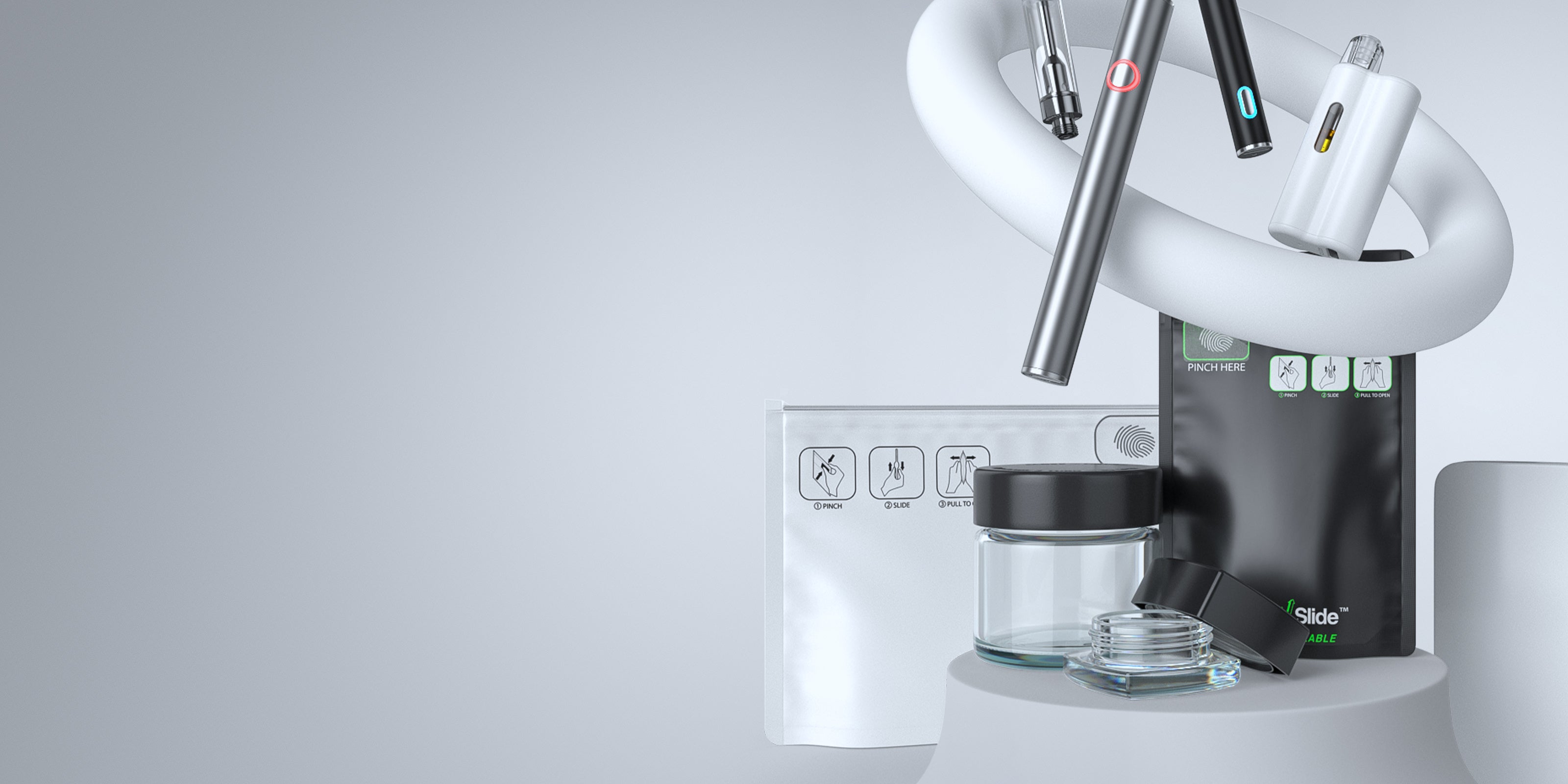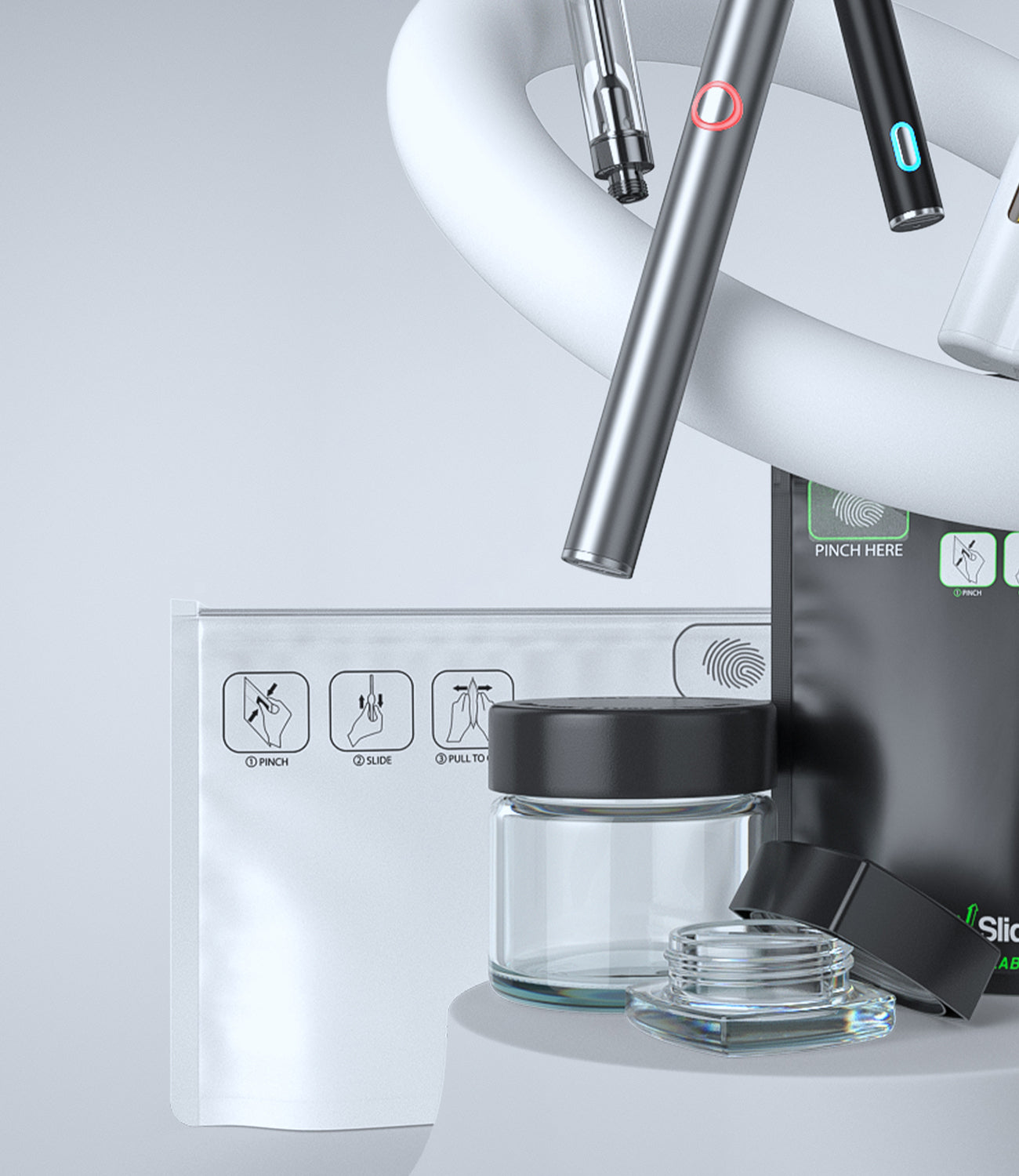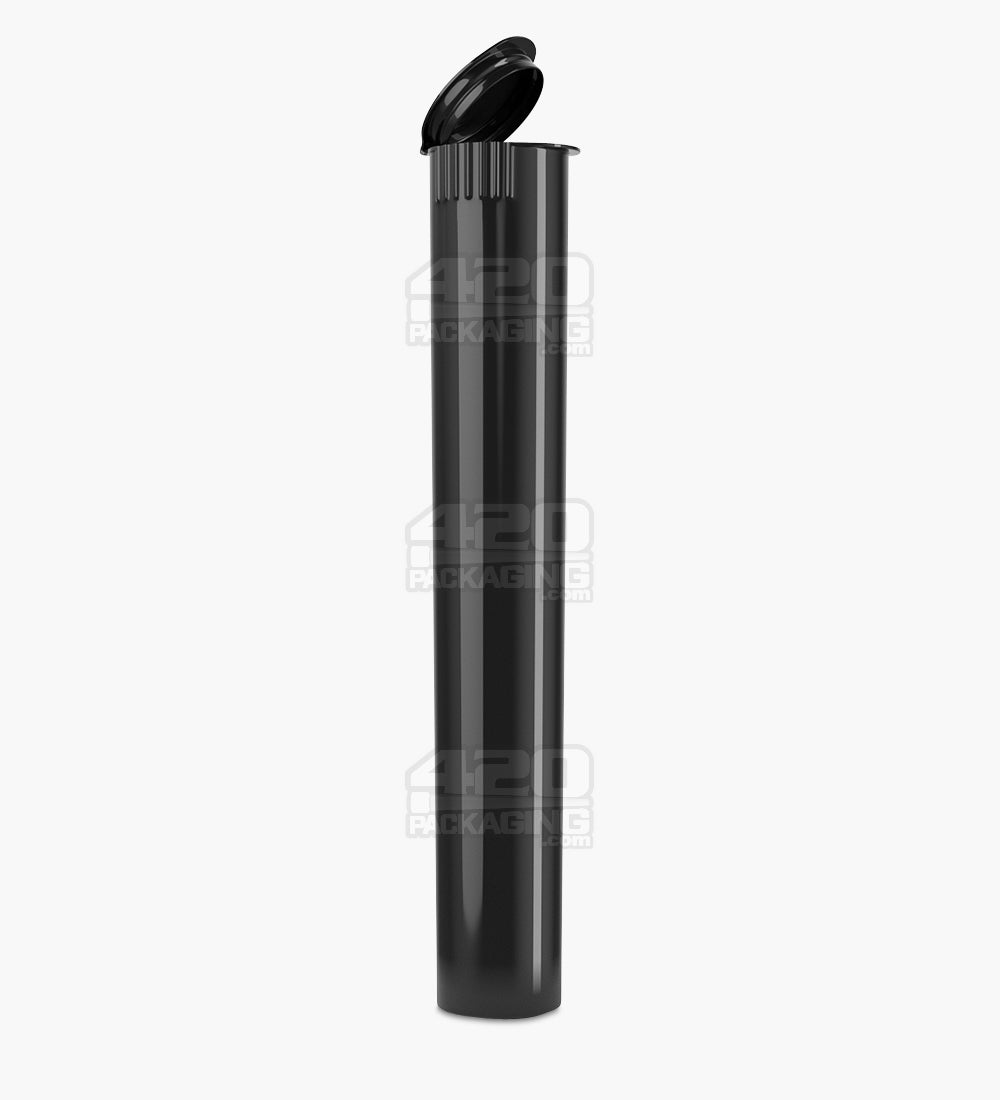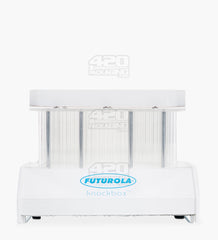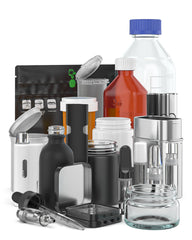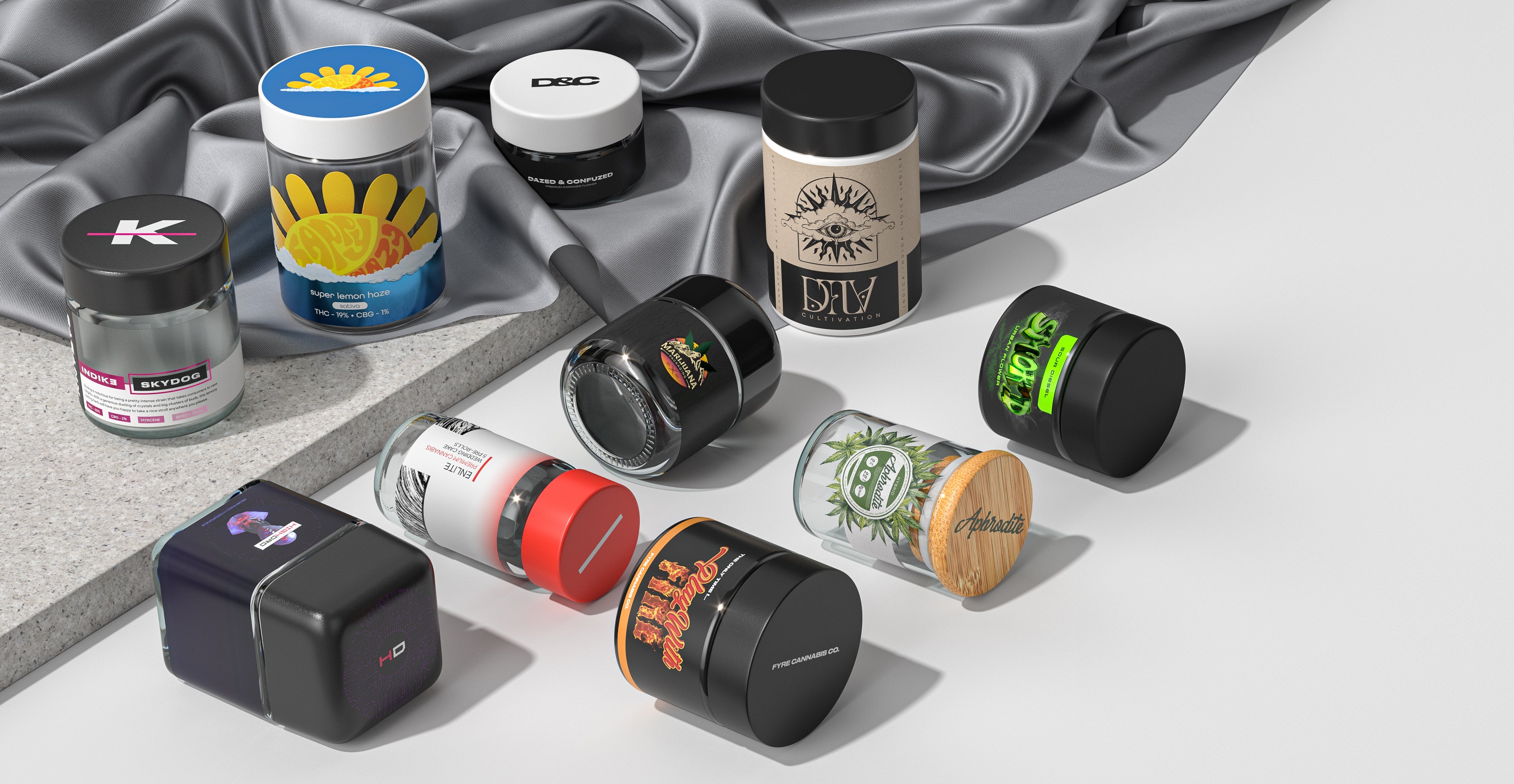Protective equipment for cannabis is essential to ensure the safety of workers and the cleanliness of the product throughout cultivation, processing, packaging, and retail operations. From grow facilities to extraction labs and packaging rooms, wearing the right equipment for handling cannabis helps maintain regulatory compliance, reduce contamination risks, and protect employees from exposure to allergens or hazardous materials. As the cannabis industry continues to evolve, so does the need for reliable, certified PPE for cannabis that meets both health standards and operational demands.
Why PPE Matters in the Cannabis Industry
Personal protective equipment (PPE) plays a dual role in cannabis operations. It shields employees from potential harm—such as chemical exposure, airborne particles, or repetitive-motion injuries—while also safeguarding the product from contamination. Strict hygiene standards are particularly important for products that are inhaled, ingested, or topically applied.
- Worker protection: Prevents skin, respiratory, and eye irritation from plant material and solvents
- Product integrity: Reduces microbial and physical contamination from skin oils, hair, and dust
- Regulatory compliance: Meets OSHA, FDA, and state cannabis safety protocols
- Improved workflow: Specialized PPE enhances comfort and productivity during repetitive tasks
Types of PPE for Cannabis Handling
PPE for cannabis is selected based on job role, facility type, and risk exposure. The most common categories include:
- Gloves: Nitrile gloves are preferred for their chemical resistance and barrier protection; powder-free options prevent cross-contamination
- Face masks: Surgical or KN95 masks prevent respiratory spread of particles and allergens
- Protective eyewear: Safety goggles shield against debris, chemical splashes, and UV light during trimming or extraction
- Lab coats and gowns: Disposable or reusable garments keep street clothing from contaminating the facility
- Hair and beard covers: Bouffant caps and beard nets maintain cleanliness in packaging and production areas
- Shoe covers: Prevent dirt and outdoor contaminants from entering cleanroom spaces
Each piece of equipment contributes to a holistic safety approach that protects both personnel and product.
Application-Specific PPE Requirements
Different stages of the cannabis supply chain require tailored PPE solutions to match the tasks being performed:
- Grow facilities: Workers wear gloves, boot covers, and masks to prevent mold transfer and protect plants from human contamination
- Trimming stations: Ergonomic gloves and anti-fatigue eyewear reduce strain and exposure to plant dust
- Extraction labs: Technicians use flame-retardant lab coats, chemical-resistant gloves, and splash-proof goggles
- Edible manufacturing: Food-grade gloves, aprons, and hairnets ensure compliance with food safety standards
- Packaging rooms: Full-body PPE ensures sterile conditions for flower, pre-rolls, and concentrates
Customizing PPE kits by department helps enforce policies and supports a culture of safety.
Compliance and Industry Standards
Using equipment for handling cannabis isn’t just about safety—it’s about meeting legal requirements. Operators must comply with a variety of regulatory bodies depending on their jurisdiction and product type:
- OSHA: Enforces worker safety laws, including PPE mandates in cultivation and extraction environments
- FDA: Sets sanitation standards for facilities producing edibles or topicals
- State cannabis regulations: Require tamper-proof, contaminant-free packaging and manufacturing processes
- GMP certifications: Facilities pursuing GMP status must adhere to strict hygiene protocols
Proper documentation and training on PPE usage are often required during inspections or audits.
Choosing the Right PPE for Your Operation
Selecting appropriate protective equipment for cannabis depends on several key factors:
- Task duration and frequency: Long shifts may require more breathable, comfortable materials
- Allergen exposure: Sensitive skin may require latex-free or hypoallergenic options
- Reusability: Disposable vs. washable PPE based on usage frequency and sanitation resources
- Facility layout: Cleanrooms, kitchens, and extract labs may need dedicated gear or color-coding systems
Partnering with experienced PPE suppliers who understand cannabis industry needs ensures better fit and functionality.
Wholesale PPE for Cannabis Facilities
For mid- to large-scale operators, sourcing PPE for cannabis in bulk is both cost-effective and logistically smart. Wholesale suppliers offer:
- Volume pricing: Reduced per-unit cost when ordering gloves, masks, or gowns in large quantities
- Custom packaging: PPE kits tailored for specific job roles or facility zones
- Consistent inventory: Ensures uninterrupted production and reduced downtime
- Sustainable alternatives: Biodegradable gloves, recyclable gowns, and eco-friendly packaging
Maintaining a reliable stock of PPE also prepares facilities for emergency inspections or sudden staff increases.
Employee Training and Enforcement
PPE is only effective if it’s worn correctly and consistently. Facility managers must ensure that employees understand proper use, replacement schedules, and cleaning procedures. Strategies include:
- Onboarding modules: Training on when and how to wear PPE by role
- Visual signage: Reinforces compliance in high-traffic areas
- Routine checks: Supervisors conduct spot inspections for safety adherence
- Accessible storage: PPE should be easy to find, replace, and dispose of
Clear communication and positive reinforcement help build a safety-first culture.
Conclusion: Prioritize Safety with PPE for Cannabis Operations
Whether you're cultivating, trimming, extracting, or packaging, protective equipment for cannabis is a non-negotiable investment in both worker safety and product quality. With evolving industry regulations and increased consumer expectations, reliable equipment for handling cannabis ensures that your facility remains compliant, hygienic, and productive. By sourcing PPE for cannabis from trusted wholesale providers and enforcing clear training protocols, cannabis operators can protect their teams, elevate operational standards, and build trust with consumers.



